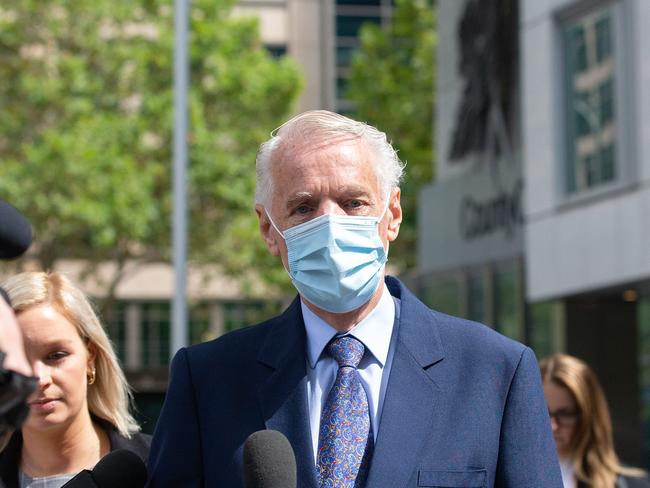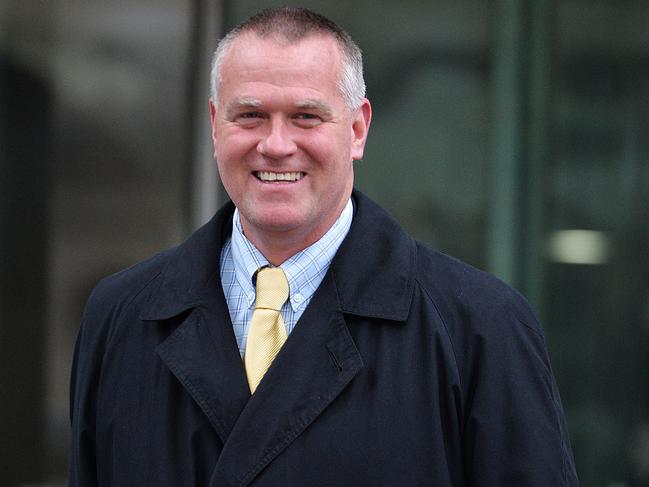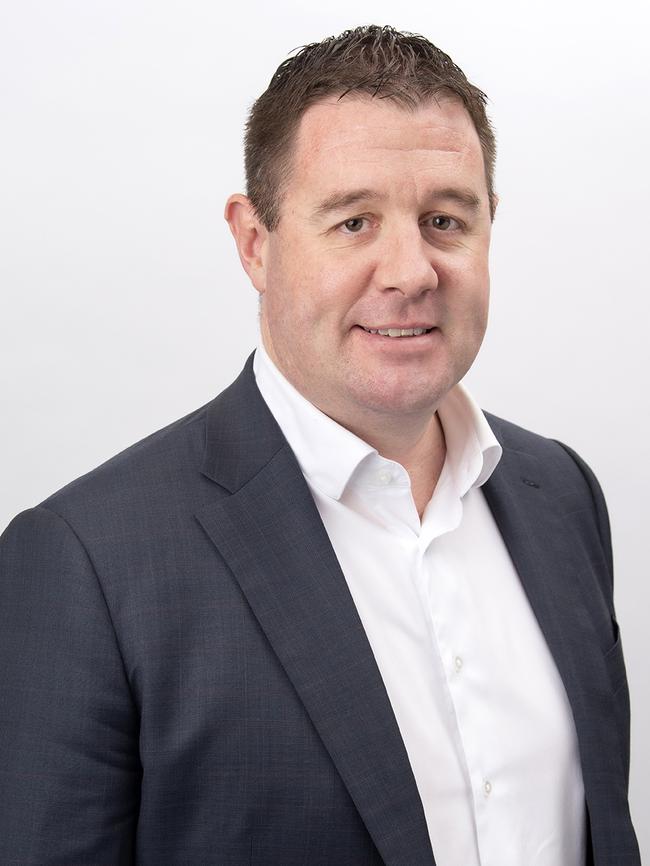SEEK reveals the workers most likely to lie in a job interview
Two in five Australians admit to lying in a job interview and one type is especially loose with the truth.
SmartDaily
Don't miss out on the headlines from SmartDaily. Followed categories will be added to My News.
TWO in five Australians admit to lying in a job interview and private sector professionals are especially loose with the truth.
A new survey from employment marketplace SEEK finds 32 per cent of jobseekers have told a “white lie” during an in-person interview, while about one in 12 (8 per cent) are willing to tell hirers whatever they want to hear in order to land the role.
It finds professional services workers (accounting, banking/finance, consulting/strategy, HR, insurance/superannuation, ICT, legal, marketing and communications, and science and technology) are more open to fudging details (45 per cent) than workers in the public sector (36 per cent) and consumer services (37 per cent).
Or they are at least more likely to admit it.
The findings come as fake Melbourne principal Neil Lennie completes his three-month wholly suspended jail sentence for lying about his qualifications.

The former Caulfield Grammar School headmaster stole his father’s teaching credentials in the 1970s and has since worked at many prestigious schools before last year pleading guilty to fraud.
In another high-profile case in 2014, retail giant Myer fired its new general manager for strategy and business development Andrew Flanagan just one day into the job after discovering he had never held an executive position with Inditex, owner of fashion chain Zara, as he had claimed.
Flanagan was given a three-year community corrections order with 400 hours of unpaid work.

Recruiter Paul Bell, principal consultant at Hender Careers, says it is definitely not recommended to lie on a resume or in an interview as a jobseeker’s character and reputation is at stake.
But how should you answer a curly question for which a completely honest answer could lose you the job?
Bell shares his advice:
Why are you looking for a new job?
Even if the real reason is because you want to get away from your current manager, Bell says it is not a good idea to state this.
Do not even hint at it.
“Hiring managers can read into this and potential red flags can be raised,” he says.
“For example, (saying you are) being micromanaged could hint at the fact that you have problems with authority and (saying you are) being taken for granted could be portrayed as having an entitlement complex.”
Instead, Bell recommends the answer should focus on the job opportunity.
“Highlight your experience, transferable skills and capabilities, values alignment and possibly wanting to seek greater challenges,” he says.
What was the salary of your most recent role?
If you do not want to share this because it may sway the offer that is made, Bell says you can respond to this question with another question: “Actually I was wondering what this position pays or do you have a range in mind?”
Alternatively, you can be honest about your current salary but quickly explain why you believe you are worth more.
“(This can be based on) your research on typical salary bands for that role and because of what you can bring to the table due to your experience and capabilities,” he says.
“Practice these answers and don’t become flustered.
“(Remember that it is) always better to go in with a salary range rather than a specific figure as you want to leave some room to negotiate, (and that) dollars are not the only negotiation point – for example, you may trade off money for an extra week’s holiday or working four days a week.”
What are your weaknesses?
Bell advises against “shooting yourself in the foot” by discussing a weakness that is crucial to the position.
“One technique is to discuss a weakness that you know is not relevant for the role,” he says.
For example, someone interviewing for an administration role might say: “I would like to get some more confidence when speaking in front of groups. Don’t get me wrong, I can contribute fine in workplace meetings, I am talking more about presenting to large groups”.
Bell says this response is honest and shows self-reflection but also demonstrates they can contribute in meetings, which is a strength.

What are your interests outside of work?
This question presents an opportunity to build rapport with the interviewer and can be a possible differentiators between candidates, according to Bell.
“People who are active in the community through volunteering can reinforce positive personal values systems; people who play a lot of sport can reinforce traits such as teamwork, goal setting, focus,” he says.
“Try to select hobbies – truthfully – which do not potentially alienate people.
“If partying is a hobby then this could always be tweaked to ‘spending time with family and friends’ and watching Netflix as ‘watching movies’.”
What is your previous experience?
If it has been a while since you have been employed, rather than lying about your experience, Bell recommends focusing on examples from outside of the workplace.
“Non-paid work activities may also be relevant,” he says.
“For example, (you could say) ‘I project managed a major renovation of my property’, or ‘I undertook further study to equip myself for roles such as this and bring contemporary knowledge to my work’.”
In general, he says it is important to focus on the key capabilities that are required for the job and practice answering common behavioural questions using the STAR (situation, task, action, result) or SAO (situation, action, outcome) models.
What do you think of your current boss/company?
Bell says it is important to not put anyone down even if you genuinely did not get on with them.
“Most people and organisations have something positive you can mention,” he says.
“Every answer in an interview should ideally end in a positive tone, even if it is a negatively-worded question.”




